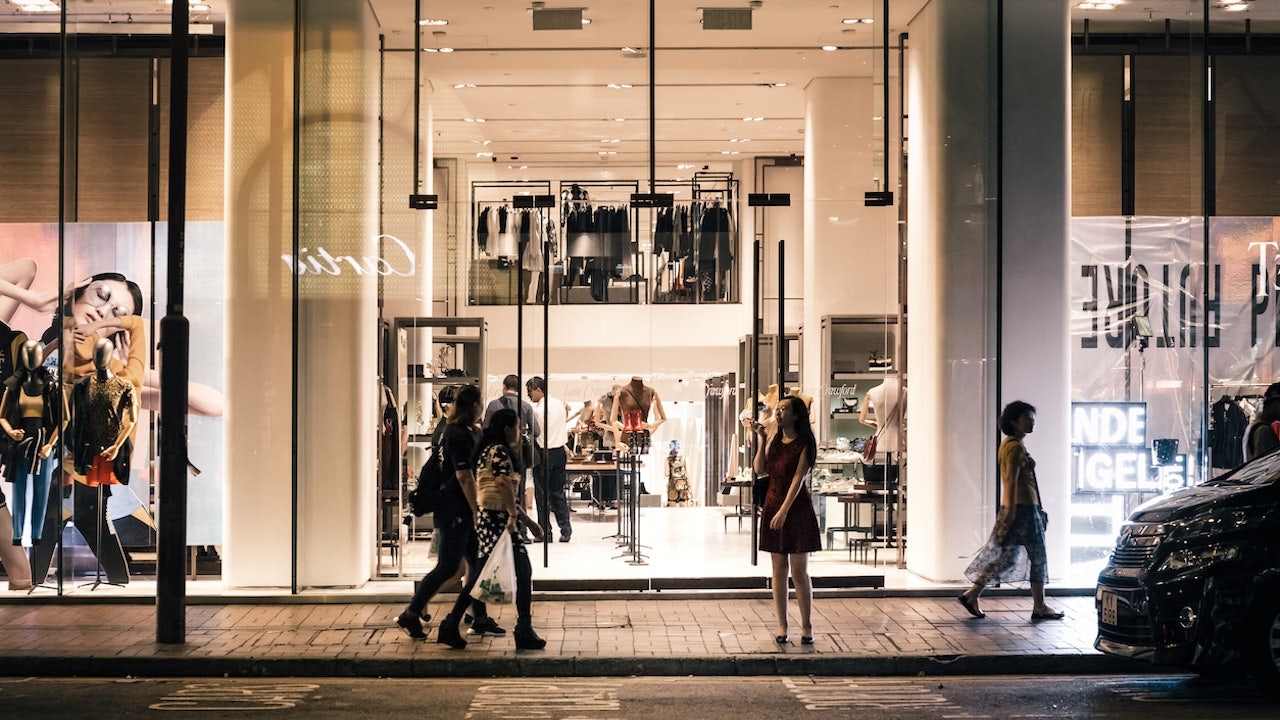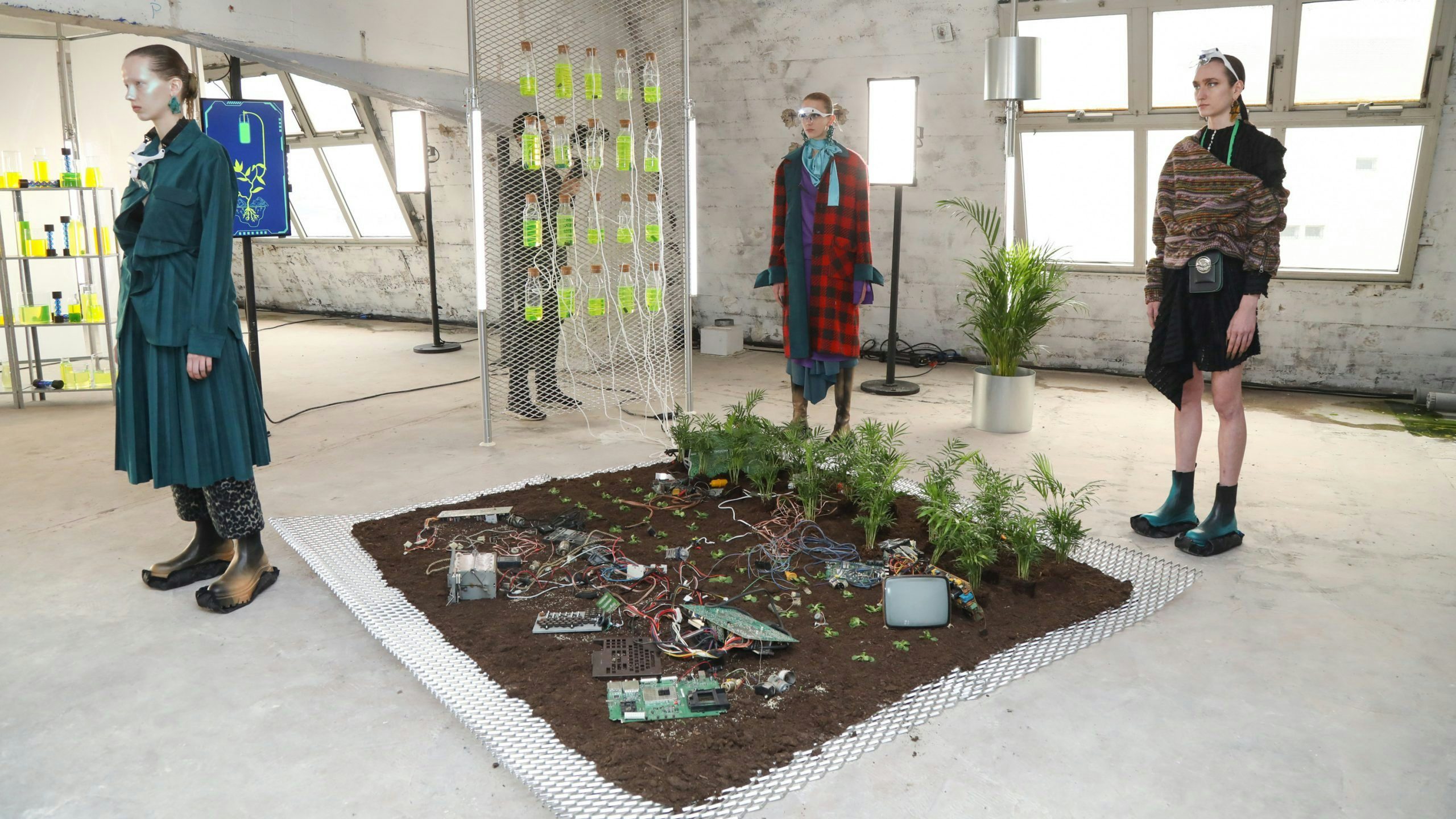China’s largest political event of the year, known as Two Sessions, finally took place in Beijing, China after a two-month delay due to the COVID-19 crisis. Beyond measures to deal with the economic destruction left by the virus, the government also introduced a new security law targeting terrorist activity in Hong Kong, which prohibits acts of sedition, subversion, and secession, as well as foreign interference in Hong Kong's affairs. The resolution will be voted in Beijing on May 28. If passed, it will be fleshed out into an actual legislation.
The move provoked strong opposition internationally and in Hong Kong. The last British governor of Hong Kong, Chris Patten, called the move a “comprehensive assault on the city's autonomy.” President Donald Trump said the US would react strongly if China followed through with its proposals. Inside Hong Kong, Democratic lawmaker Dennis Kwok said: “If this move takes place, 'one country, two systems' will be officially erased. This is the end of Hong kong.” The Hong Kong dollar dropped sharply on Thursday, May 21, in anticipation of the announcement. The stock market also tumbled after the government’s announcement, with the Hang Seng closing 5.6% lower on Friday, marking the index’s worst one-day performance in nearly five years.
Given Beijing’s announcement, mass demonstrations are likely to mushroom once again in response to the new law, thwarting the city’s much-needed retail and tourism recovery. So far, local reactions to the proposed plan have been muted by the ban on public gatherings of more than eight people. Moreover, as the social distancing measures in Hong Kong likely to ease on June 4, pro-democracy activists are calling for mass demonstrations against China’s tightening grip. Not great news for Hong Kong’s struggling retail sector, down 42% in March, from prolonged anti-government protests, COVID-19, and the lack of international and mainland Chinese travelers, which in the past have accounted for up to 70% of all luxury purchases in Hong Kong. And now, the likelihood of upcoming political unrest will only discourage tourists from visiting and spending despite the relaxation of travel restriction in post-pandemic Hong Kong.
The long-term effects of this controversial law are still clouded. The Trump administration has warned of punishments, including revoking Hong Kong’s special economic and trading status, resulting in goods from Hong Kong being subject to the same tariffs applied to mainland China. This withdrawal of preferential treatment could be yet another blow to Hong Kong’s status as a global financial hub and should alarm global luxury brands.

